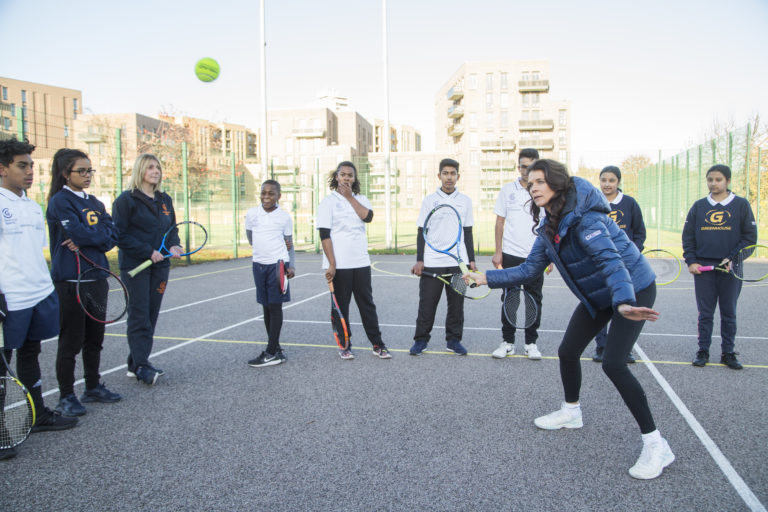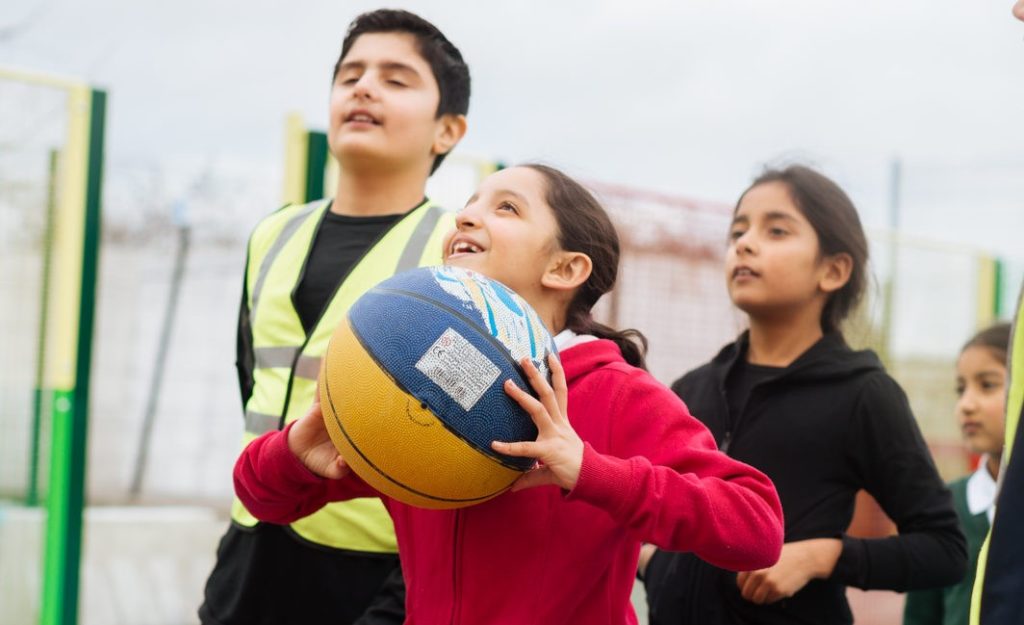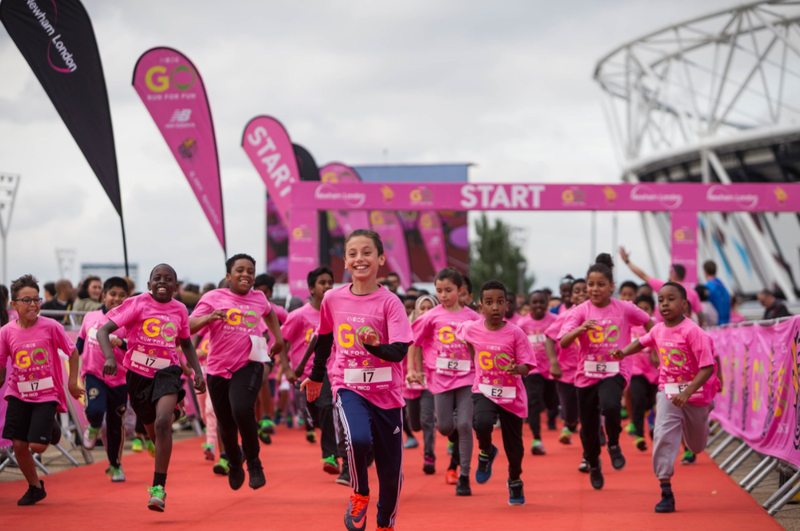It’s always pleasing to hear news of government departments working together and committing to support activities that get young people physically active.
I read with interest last week’s announcement by Education Secretary, Damian Hinds MP, that the Department for Education, Department of Digital, Culture, Media and Sport, and the Department of Health and Social Care will work together to create a cross-government school sport and activity action plan, with a vision of boosting participation in competitive school sports.
I have long been an advocate of the power that physical activity and sport can have. When it is done well, it has the ability to change lives, build stronger communities and improve health.
It can transform wellbeing and create a fitter, healthier and happier nation; help prevent or manage medical conditions; reduce anxiety, stress or depression; improve a person’s confidence or self-esteem or bring diverse backgrounds together.
Some would say, however, that when it’s done badly, the negative experiences can live with someone for a lifetime.
So, is an increase in competitive sport in schools the answer to get young people more active?
In London, 84 per cent of girls and boys do not meet the national recommended level of activity* but in spite of this, in the recently published Sport and Recreational Alliance document Why are we failing our children?, 93 per cent of all children say they like being active.
Worryingly, though, the same report suggested that 30 per cent of adults have reported having a negative or very negative experience of sport and recreation at school, with 40 per cent saying this experience directly influences their current habits.
There is no suggestion that all negative experiences at school come from competitive sport, but there have been many reported instances where this has been the case.
Access to competitive sport in schools can help to support the development of physical activity habits among young people but this should be alongside a broad, balanced and inclusive physical education, school sport and physical activity programme for children in schools.
Every child deserves the right to high-quality physical education, to daily physical activity, to be able to play in an environment that is conducive to fun and development.
Experiences must be fun, enjoyable and of value to those taking part, and children and young people must be better equipped for an active future.
Competitive school sport can be part of the solution, but this should be alongside rather than to the exclusion of everything else.
Only then will we start to see the cultural shift that we need to move our young people away from ‘Generation Inactive’ towards ‘Generation Active’.
*Health Survey for England, 2016



